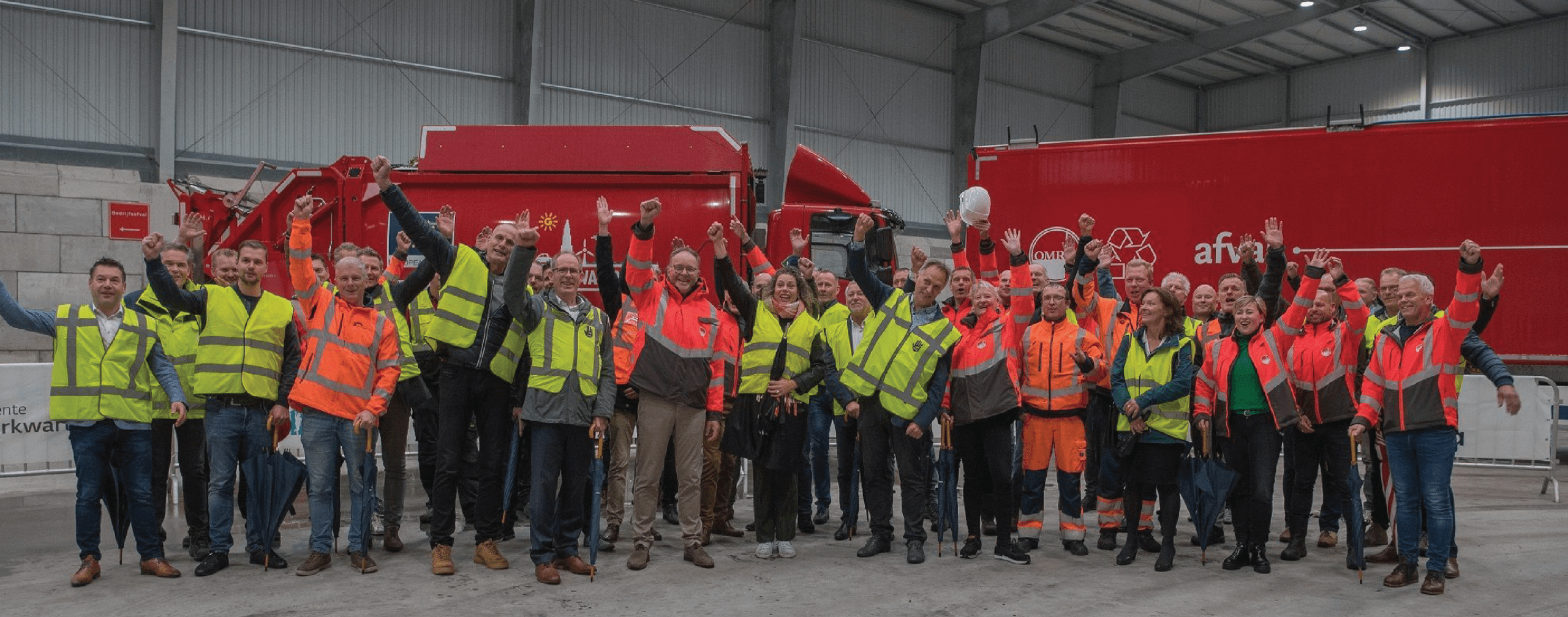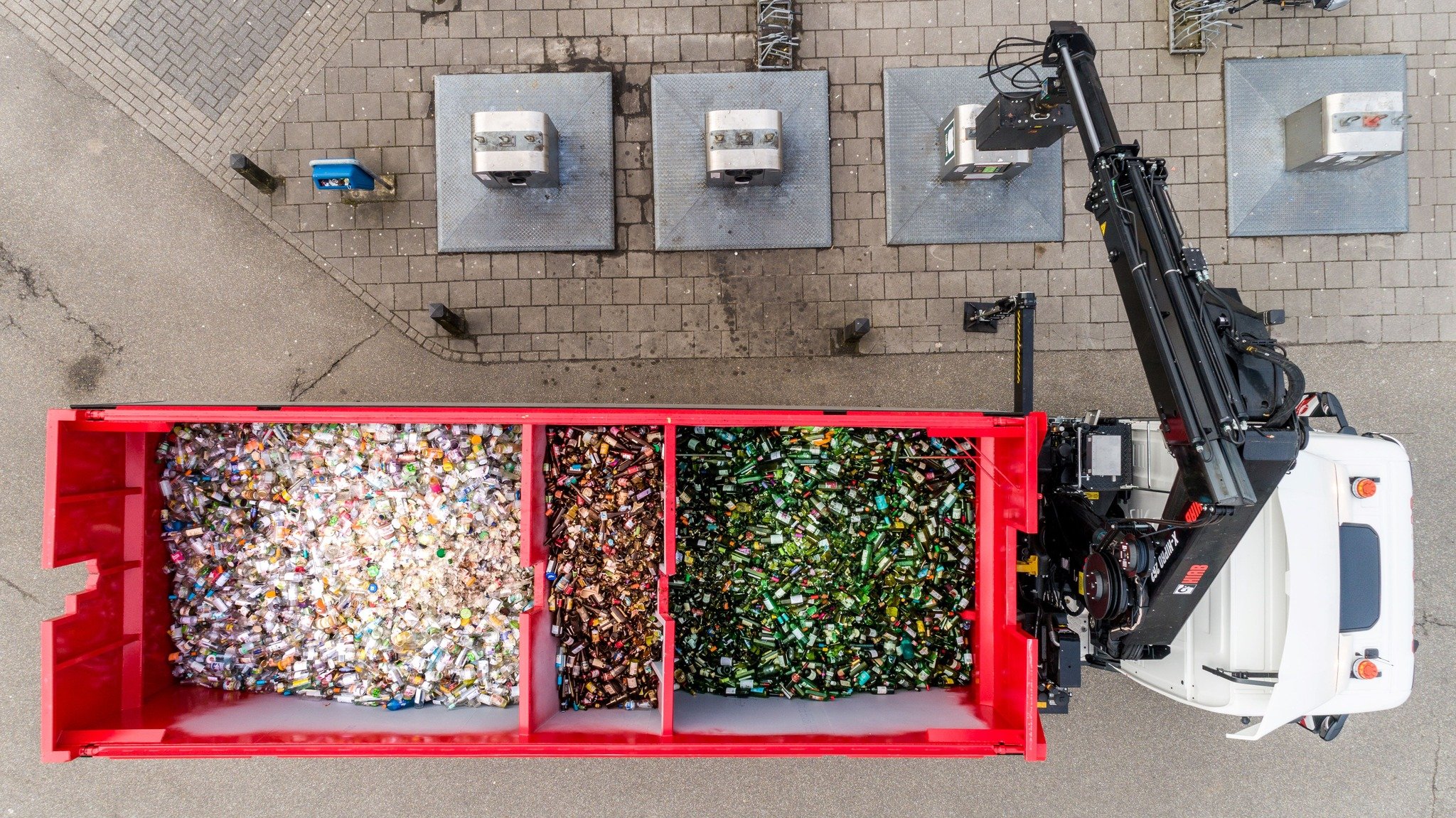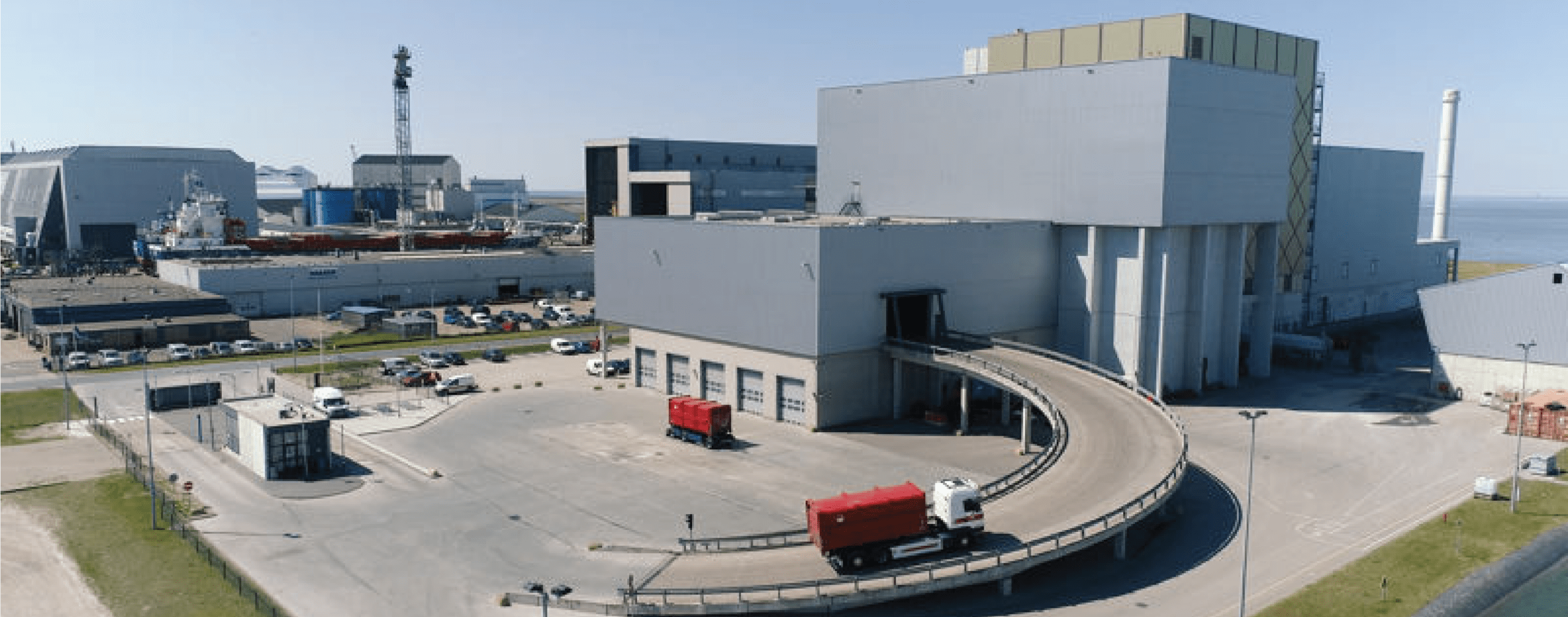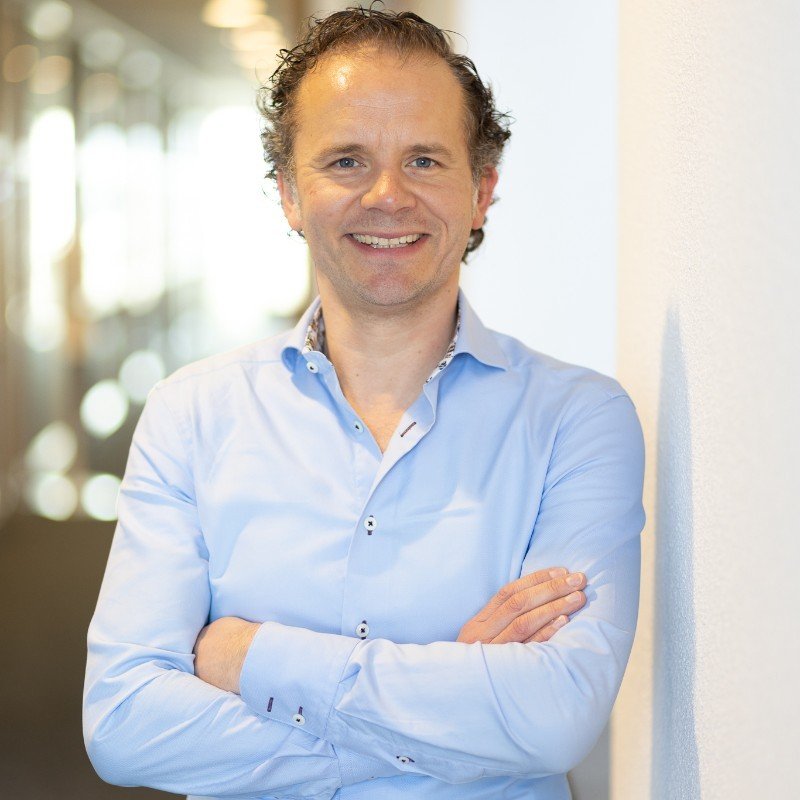About Omrin

Founded in 1995 and headquartered in Leeuwarden, Omrin is a waste management company focused on innovative recycling techniques to promote a circular economy. Their mission is to transform waste into valuable raw materials, minimize residual waste, and maximize material reuse.
Omrin collaborates with partners, governments, and citizens to achieve sustainable waste solutions that deliver environmental, social, and economic benefits. The company offers a broad range of services, including waste collection, processing, and recycling, supported by advanced IT systems and logistics. They are committed to being a leader in sustainability and innovation within the waste processing industry while maintaining cost efficiency.
Innovative Waste Management and Recycling
Omrin’s operations span the entire lifecycle of waste management, from collection to processing and recycling. At their processing facilities, Omrin employs state-of-the-art technologies to sort and process waste into valuable raw materials that can be reintroduced into production.
They also work with research institutions and the private sector to develop new methods for waste separation and material recovery, utilizing AI and machine learning to enhance the accuracy and efficiency of waste sorting. These efforts contribute to a circular economy, where materials are continuously reused, reducing the need for new resources.

Addressing Omrin's AI Integration Needs
As Omrin expanded its operations, the importance of AI in maintaining a competitive edge became clear. Despite some experience with AI, Omrin faced challenges in systematically integrating AI across various departments. To address this, they sought a comprehensive roadmap for AI implementation throughout the organization.
After discussions with DataNorth, Omrin pursued an AI assessment to identify opportunities and address limitations in their current setup. This collaboration highlighted the benefits of a tailored approach to AI integration, focusing on practical AI-driven solutions to enhance efficiency, reduce manual workloads, and support advanced data analysis. The project was designed to meet Omrin’s immediate needs and position the company for future growth in an increasingly AI-driven landscape.
AI Assessment Process

The AI assessment involved a thorough analysis of existing workflows, identification of potential AI applications, and development of a phased implementation plan. Key steps included:
- Initial Analysis and Stakeholder Engagement: Interviews with key stakeholders to understand challenges and objectives, focusing on the IT and BI departments, Waste Collection and Cleaning, Waste processing, Comms & HR, and Customer Contact Center.
- Opportunity Identification: Identification of AI applications in content creation, internal communication, data analysis, and onboarding, with tools like ChatGPT, Microsoft Copilot, and MidJourney explored.
- Risk Assessment: Evaluation of risks associated with AI integration, particularly data privacy and the accuracy of AI-generated outputs.
- Implementation Roadmap: A phased plan outlining quick wins within the first 6 months and more complex integrations over 12-24 months, including training workshops to increase AI awareness and skills among employees.
it’s difficult to explore its full capabilities."

Measurable Results from the AI Assessment
Following the AI assessment, DataNorth has proposed initiatives in order to enhance Omrin’s operational efficiency. Two specific AI use cases—one in the waste-processing process and the other in the customer contact center—are planned, aiming to improve Omrin’s process efficiency and to free up time for more complex tasks.
introduced
particularly in how we manage logistics and customer interactions."

Overall, the assessment sparked creative ideas, resulting in 55 actionable AI use cases, underscoring Omrin’s commitment to a structured approach to AI integration. As Omrin continues to implement AI-driven solutions, the company is positioned to set new standards in sustainable waste management. The partnership with DataNorth has not only addressed immediate challenges but also laid the groundwork for ongoing innovation, ensuring Omrin’s leadership in the industry for years to come.


